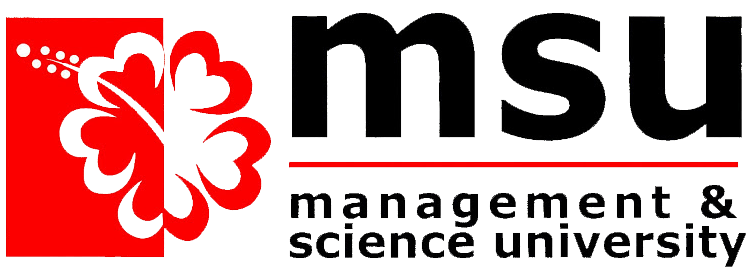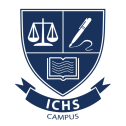Management and Science University (MSU) – Malaysia
Management and Science University (MSU), established in 2001, is one of Malaysia’s leading private universities dedicated to excellence in education, research, and innovation. Located in Shah Alam, Selangor, MSU is internationally recognized for its strong academic standards, industry-relevant programs, and commitment to producing highly employable graduates. The university offers a vibrant, multicultural campus environment, state-of-the-art facilities, and a wide range of student support services. With a focus on holistic development and global mobility, MSU has built strong partnerships with institutions and industries worldwide, earning recognition as one of the top universities in Asia.
The MBBS program at MSU, offered through its International Medical School (IMS), is a five-year, outcome-based degree designed to develop competent, ethical, and compassionate medical professionals. The curriculum is divided into a two-year pre-clinical phase, conducted at the MSU main campus, and a three-year clinical phase carried out in accredited teaching hospitals across Malaysia. Students benefit from early clinical exposure, modern simulation labs, community health initiatives, and a curriculum that integrates basic sciences with real-world clinical practice. Recognized by the Malaysian Medical Council (MMC) and listed in the World Directory of Medical Schools (WDOMS), MSU’s MBBS graduates are well-prepared for both local housemanship and international licensing exams such as USMLE, PLAB, and AMC.
Key Highlights of the MBBS Program at MSU:
- Integrated Curriculum with both basic and clinical sciences
- Early clinical exposure starting from Year 1
- Hands-on training in Internal Medicine, Surgery, Pediatrics, and more
- Recognized by MMC and listed in WDOMS
- Graduates eligible for USMLE, PLAB, AMC, and other exams
- Strong focus on professionalism, ethics, and employability

Awarding Body

- Duration : 5 Year
- Fees :
International Recognition and Global Opportunities
Why Choose MSU University for Medicine?
Facilities and Campus Life
Graduates of the MSU MBBS program are eligible to sit for international licensing exams such as:
- ERPM (Sri Lanka)
- FMGE (India)
- PLAB (UK)
- USMLE (USA)
- AMC (Australia)
and more…. The program is:
- Approved by the Malaysian Medical Council (MMC)
- Listed in the World Directory of Medical Schools (WDOMS)
- Accepted by medical councils in multiple countries
- Internationally recognized medical curriculum
- Strong clinical exposure in government hospitals
- Modern campus with cutting-edge facilities
- Emphasis on ethics, professionalism, and community service
- Diverse international student community
- Start Your Medical Journey with MSU Today
Join a university that prepares you for the future of medicine — academically, ethically, and globally.
At MSU, students benefit from a vibrant, student-friendly campus in Shah Alam, equipped with modern facilities and a strong support system.
- Advanced medical labs and simulation centres
- Fully equipped library with medical journals and digital resources
- Smart classrooms and high-speed internet
- Access to affiliated government hospitals for clinical training
- On-campus hostels, cafeterias, sports complex, and prayer rooms
- Clubs, cultural events, and leadership programmes
- International student support services
- Health, wellness, and counseling services
Programme Structure
The MBBS curriculum at MSU is divided into two key phases:
Pre-Clinical Phase (Years 1 & 2)
Conducted at MSU’s main campus, this phase builds a solid foundation in basic medical sciences with integrated modules and early exposure to clinical environments.
Key areas include:
- Anatomy
- Physiology
- Biochemistry
- Pathology
- Pharmacology
- Microbiology
- Behavioral Science and Medical Ethics
- Early Clinical Exposure and Communication Skills
Students engage in problem-based learning (PBL), practical labs, tutorials, and community health projects.
Clinical Phase (Years 3 to 5)
Held in Ministry of Health-approved hospitals and community clinics, this phase emphasizes hands-on patient care, diagnostic training, and clinical reasoning.
Rotations include:
- Internal Medicine
- Surgery
- Pediatrics
- Obstetrics & Gynaecology
- Psychiatry
- Orthopedics
- Emergency Medicine
- Family Medicine
- Public Health
Students participate in ward rounds, patient management, case presentations, and procedural skills training.
